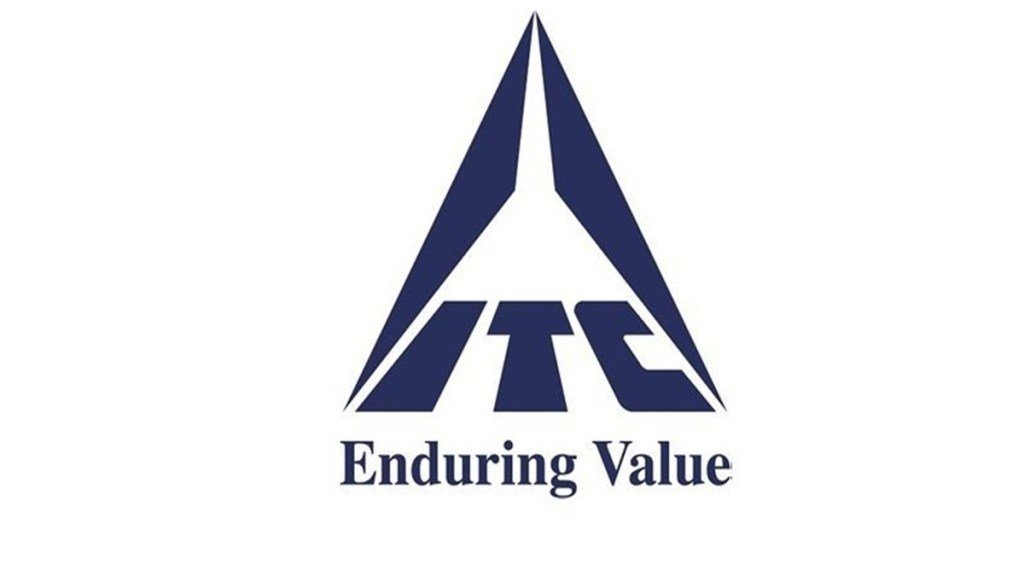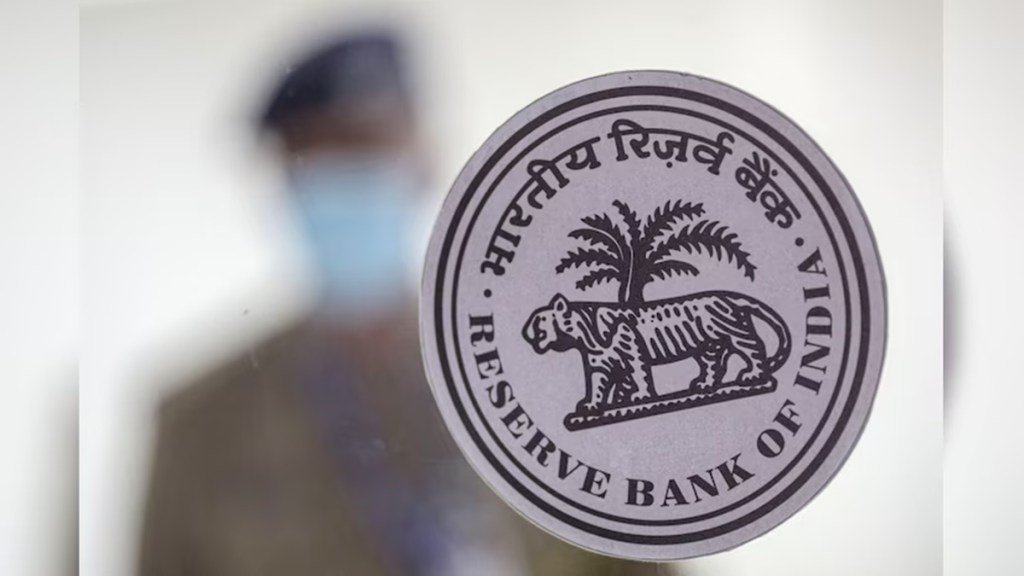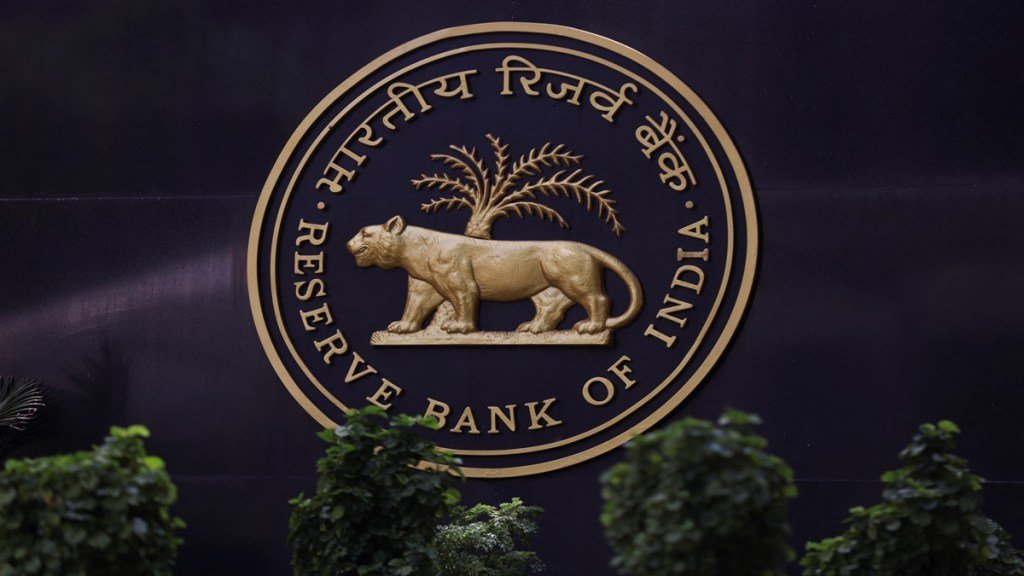
The government has provided a significant update for Indian companies operating in sectors where Foreign Direct Investment (FDI) is prohibited. Companies in these sectors are now allowed to issue bonus shares to their existing foreign shareholders, with the condition that the issuance does not result in an increase in the foreign shareholders’ stake in the company.
This clarification is particularly relevant for companies like ITC Ltd., where British American Tobacco PLC (BAT) holds a 25.5% stake. Under the new guidelines, BAT could be issued bonus shares, provided it does not exceed the equity cap on their stake.
The rationale behind this clarification is that issuing bonus shares does not involve inflows of funds. This allows Indian companies to capitalize on their existing reserves and provides an additional avenue for distributing cash to both foreign and Indian shareholders. As noted by Vaibhav Kakkar, senior partner at Saraf and Partners, this move is a positive step for companies looking to manage their capital more efficiently.
The clarification from the Department for Promotion of Industry and Internal Trade (DPIIT) specifies that Indian companies operating in sectors where FDI is restricted can issue bonus shares to foreign shareholders, as long as their shareholding pattern remains unchanged post-issuance.
FDI is currently prohibited in certain sectors such as tobacco, lottery businesses, gambling and betting (including casinos), chit funds, real estate, atomic energy, and railway operations. However, FDI is permitted in other sectors either through the automatic route or with prior government approval.
Previously, issuing bonus shares to foreign investors in restricted sectors often required prior approval or clarification from the Reserve Bank of India (RBI), which was a time-consuming process. The recent change is expected to streamline corporate actions for companies in industries like tobacco, where existing foreign investments were typically “grandfathered” in. This will ensure equal treatment of all shareholders and improve investor confidence, as highlighted by Rudra Kumar Pandey, partner at Shardul Amarchand Mangaldas & Co.
This adjustment is seen as a positive move to simplify corporate processes and enhance the overall investment environment for companies dealing with FDI in restricted sectors.





















